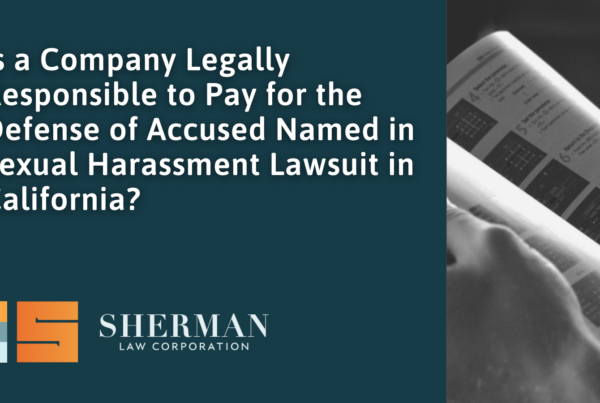A California Federal District Court Defined the Term “Affiliated Entities”, Affecting All California Release Agreements
This case involved the interpretation of the term “affiliated entities” in a settlement agreement executed in a prior employment case involving one of the principals of Company 1 who previously executed a settlement agreement resolving his prior employment issues involving Company 2. Both parties filed cross-Motions for Summary Judgment asking the Court to rule in their favor as a matter of law. The Court granted Company 1’s Motion for Summary Judgment on its counterclaim and denied Company 2’s cross-Motion for Summary Judgment on its counterclaim on the grounds that Company 1 was not a party to, or an affiliated entity of the party who signed the settlement agreement. The Court held that the prior settlement agreement with Company 2 arose out of a state court lawsuit concerning bonds held by certain investment funds used to acquire the competitor had nothing to do with its trademark, trade infringement or intellectual property, such that the settlement agreement could not as a matter of law bind Company 1.
Because this case was the first California decision to interpret this boilerplate term “affiliated entities” used in almost all releases contained in California settlement agreements, the Court’s opinion was shared by Justia, Leagle, and Courthouse News, and Law 360 and blogs such as, Allen Matkins, California Corporate & Securities Law blog, 2014-02-14, “In Drafting a Release, You May Want to Define “Affiliate.”
Lisa Sherman, who was Of Counsel to Leader Counsel, prepared the winning papers.




